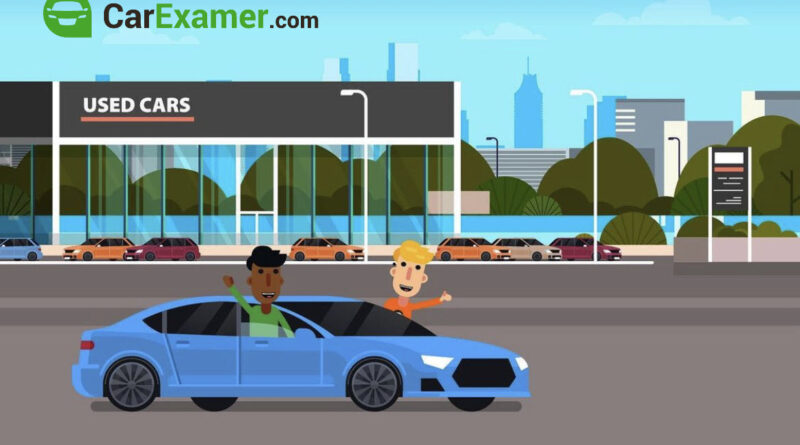What to Buy Used Car or New Car
When it comes to buying a car, one of the key decisions you’ll face is whether to buy a used car or a new car. Both options have their advantages and considerations, so it’s important to weigh your priorities and make an informed choice based on your individual circumstances. Here are some factors to consider when deciding between a used car and a new car.
- Price: Price is often a significant factor for many car buyers. Used cars generally have a lower upfront cost compared to new cars. They have already experienced some depreciation, making them a more affordable option. On the other hand, new cars come with a higher price tag due to their fresh-from-the-factory condition and the latest features and technologies they offer.
- Depreciation: One of the biggest advantages of buying a used car is that it has already undergone the majority of its depreciation. New cars typically lose a significant portion of their value in the first few years of ownership. By buying used, you avoid absorbing this initial depreciation, which can save you money in the long run. Where not to buy a used car from.
- Reliability: New cars generally come with better reliability and fewer mechanical issues, as they haven’t been exposed to wear and tear. They often come with warranties that provide peace of mind. However, it’s worth noting that many used cars today are built to be highly reliable and can offer several years of trouble-free ownership, especially if they have been well-maintained and come with a service history.
- Maintenance and Repairs: Used cars may require more frequent maintenance and repairs compared to new cars. However, the cost of maintaining a used car can still be significantly lower than the higher insurance premiums, registration fees, and maintenance costs associated with new cars. Additionally, by choosing a used car with a good maintenance history and having it inspected before purchase, you can mitigate potential issues.
- Customization: If you have specific customization preferences, a new car provides more options. You can choose the exact features, color, and specifications you desire. With a used car, you may need to compromise on certain preferences or spend additional money on aftermarket modifications. See also common mistakes.
- Technology and Features: New cars often come with the latest technology and safety features, such as advanced infotainment systems, driver-assistance features, and improved fuel efficiency. However, many used cars also offer modern features, especially if you consider models from the past few years. Assess your priorities and determine if having the latest features is a crucial factor for you.
- Financing Options: Financing a new car may offer more favorable interest rates and terms compared to used cars. Automakers and dealerships often provide incentives and promotional financing offers for new car purchases. However, it’s essential to evaluate the overall cost of financing, including the interest rates and loan terms, to make an accurate comparison between new and used car financing options. Should I buy privately or from business.
Ultimately, the decision between buying a used car or a new car depends on your budget, preferences, and specific needs. Consider your financial situation, desired features, long-term ownership plans, and the condition of the used car you’re considering. Whichever option you choose, conducting thorough research, inspecting the vehicle, and taking a test drive are crucial steps to ensure you’re making a smart and satisfying purchase. See also insurance article. Considering different cars:
Buying a used VW. Buying used vauxhall, BMW, Jaguar, Ford, Volvo, Range rover, Bentley, Aston Martin, Porsche, Ferrari, Lamborghini, Maserati, Hyundai, Tesla, Honda, Pagani

